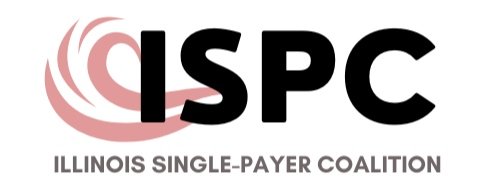What is Single Payer?
How it Works
In a single-payer system—also called Improved Medicare for All—all health care services are paid for out of one pot (the “single payer”). There are no private insurance companies standing between patients and their health care. Patients have free choice of qualified health care providers, and providers are free to determine the care their patients need, knowing their patients can afford it.
The Purpose of single-payer health care
First and foremost, it ensures that everyone has access to the health care they need—it makes health care a basic right, not a privilege available only to those who can afford it. And because everyone is covered by the same system, we all have a stake in making it the best system possible.
Second, single payer saves money. It is the most administratively efficient, cost-effective system of financing, so we get the greatest value for the money we spend. Besides cutting administrative costs and eliminating insurance company profits, the system saves money through health system planning and negotiated prices for goods and services, and by investing in public health and encouraging community-based care.
Role of the government
In a single-payer system, the primary role of government is to distribute funds. Most care will continue to be privately delivered. Providers may choose to work for themselves, for a not-for-profit organization, or for a public entity. Independent boards that include consumers and providers set guidelines for what services are covered; the boards also decide how to distribute money and resources to facilities like hospitals and nursing homes.
Contrast to the 2010 health care reform
The Patient Protection and Affordable Care Act (Obamacare) makes some improvements for some people, but it leaves millions uncovered or under-insured, and many people who are covered still find health care unaffordable. A major drawback is that it leaves in place the nation's multiple insurance companies, with huge profits, outrageous marketing expenses, frequent claim denials, and complex, time-consuming paperwork for patients and providers. Insurance companies serve their shareholders’ interests rather than working in the best interests of patients and communities.
